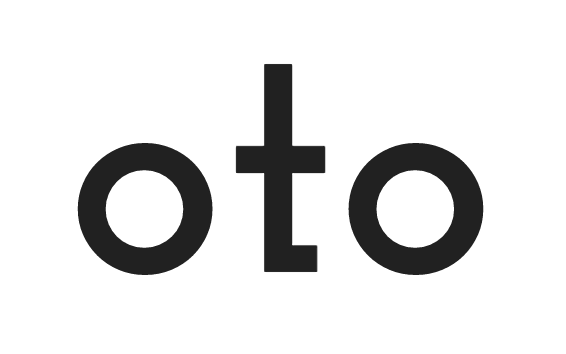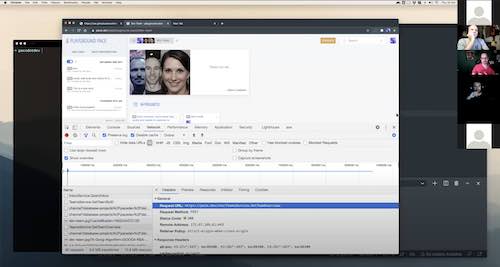pacedotdev / Oto
Programming Languages
Projects that are alternatives of or similar to Oto
Go driven rpc code generation tool for right now.
- 100% Go
- Describe services with Go interfaces (with structs, methods, comments, etc.)
- Generate server and client code
- Production ready templates (or copy and modify)
Who's using Oto?
- Pace.dev - Oto came out of the Pace project
- Firesearch.dev - Firesearch uses Oto to offer full-text services to the web, mobile, and the backend
Templates
These templates are already being used in production.
- There are some official Oto templates
- The Pace CLI tool is generated from an open-source CLI template
Learn
Tutorial
Install the project:
go install github.com/pacedotdev/oto
Create a project folder, and write your service definition as a Go interface:
// definitions/definitons.go
package definitions
// GreeterService makes nice greetings.
type GreeterService interface {
// Greet makes a greeting.
Greet(GreetRequest) GreetResponse
}
// GreetRequest is the request object for GreeterService.Greet.
type GreetRequest struct {
// Name is the person to greet.
// example: "Mat Ryer"
Name string
}
// GreetResponse is the response object containing a
// person's greeting.
type GreetResponse struct {
// Greeting is the greeting that was generated.
// example: "Hello Mat Ryer"
Greeting string
}
Download templates from otohttp
mkdir templates \
&& wget https://raw.githubusercontent.com/pacedotdev/oto/master/otohttp/templates/server.go.plush -q -O ./templates/server.go.plush \
&& wget https://raw.githubusercontent.com/pacedotdev/oto/master/otohttp/templates/client.js.plush -q -O ./templates/client.js.plush
Use the oto tool to generate a client and server:
mkdir generated
oto -template ./templates/server.go.plush \
-out ./generated/oto.gen.go \
-ignore Ignorer \
-pkg generated \
./definitions
gofmt -w ./generated/oto.gen.go ./generated/oto.gen.go
oto -template ./templates/client.js.plush \
-out ./generated/oto.gen.js \
-ignore Ignorer \
./definitions
- Run
oto -helpfor more information about these flags
Implement the service in Go:
// greeter_service.go
package main
// GreeterService makes nice greetings.
type GreeterService struct{}
// Greet makes a greeting.
func (GreeterService) Greet(ctx context.Context, r GreetRequest) (*GreetResponse, error) {
resp := &GreetResponse{
Greeting: "Hello " + r.Name,
}
return resp, nil
}
Use the generated Go code to write a main.go that exposes the server:
// main.go
package main
func main() {
g := GreeterService{}
server := otohttp.NewServer()
generated.RegisterGreeterService(server, g)
http.Handle("/oto/", server)
log.Fatal(http.ListenAndServe(":8080", nil))
}
Use the generated client to access the service in JavaScript:
import { GreeterService } from "oto.gen.js";
const greeterService = new GreeterService();
greeterService
.greet({
name: "Mat"
})
.then(response => alert(response.greeting))
.catch(e => alert(e));
Specifying additional template data
You can provide strings to your templates via the -params flag:
oto \
-template ./templates/server.go.plush \
-out ./oto.gen.go \
-params "key1:value1,key2:value2" \
./path/to/definition
Within your templates, you may access these strings with <%= params["key1"] %>.
Comment metadata
It's possible to include additional metadata for services, methods, objects, and fields in the comments.
// Thing does something.
// field: "value"
type Thing struct {
//...
}
The Metadata["field"] value will be the string value.
- The value must be valid JSON (for strings, use quotes)
Examples are officially supported, but all data is available via the Metadata map fields.
Examples
To provide an example value for a field, you may use the example: prefix line
in a comment.
// GreetRequest is the request object for GreeterService.Greet.
type GreetRequest struct {
// Name is the person to greet.
// example: "Mat Ryer"
Name string
}
- The example must be valid JSON
The example is extracted and made available via the Field.Example field.
Contributions
Special thank you to:
- @mgutz - for struct tag support
- @sethcenterbar - for comment metadata support



